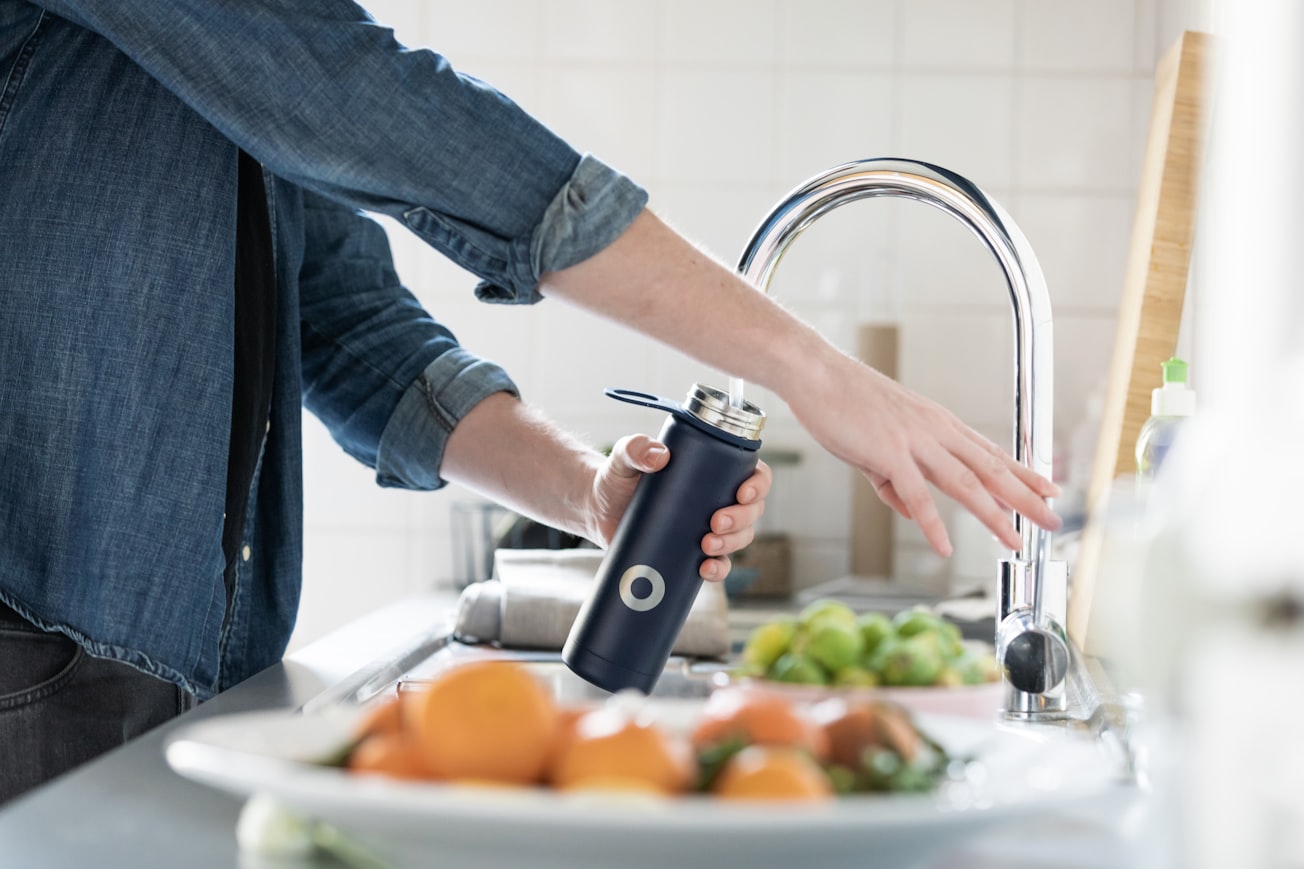What is it about?
Morbidity and mortality linked to waterborne diseases are expected to rise in many jurisdictions as climate change increases the risks of infection of these diseases and populations in developed countries tend to grow older. In this study, we examined whether use of healthcare services is higher among older people in areas where E. coli, a disease-causing pathogen, was detected in drinking water tests. We linked three sources of data to conduct the analysis. Administrative records on E. coli detection recorded from routine water quality tests carried out by Ireland’s Environmental Protection Agency were first linked to maps of water systems infrastructure in Ireland. These data were then linked to information on the healthcare use and other characteristics of participants in The Irish Longitudinal Study of Ageing (TILDA), a nationally representative survey of over 50-year-olds in Ireland. Three types of healthcare use were examined: visits to General Practitioner (GP) services, Emergency Department (ED) attendances, and nights spent in hospital. We used statistical methods to test whether older individuals’ healthcare use was higher among study participants in areas where E. coli was detected compared to other areas. The modelling takes into account other potential influences on an individual’s healthcare utilisation such as gender, age, marital status, educational attainment, employment status, medical card status, having private health insurance, indicators of physical and mental health, and health behaviours. Relatively few residences (4%) were connected to water supplies for which E. coli was detected. The mean number of GP visits for those for whom E. coli was detected in the water supply was slightly higher than for those for whom this was not an issue, and this pattern was replicated for mean number of ED visits and hospital nights. The results from statistical modelling indicate that the presence of E. coli in monitored water schemes is associated with higher demand for GP services, as well as spending nights in hospital.
Featured Image

Photo by Bluewater Sweden on Unsplash
Why is it important?
This study linked three sources of data to examine the association between poor drinking water quality, as indicated by the detection of E. coli, on healthcare utilisation of older people. Understanding these associations can provide insights for disease prevention, healthcare management and climate adaptation. A greater risk of GP visits and hospital nights was associated with the presence of E. coli in residential water supplies. The findings underline the need to protect the quality of drinking water, thereby improving public health, and reducing the burden on healthcare services. This is all the more important in the face of increasing global temperatures which present greater risks of water contamination, in combination with the ageing of developed societies.
Read the Original
This page is a summary of: The association between E. coli exceedances in drinking water supplies and healthcare utilisation of older people, PLoS ONE, September 2022, PLOS,
DOI: 10.1371/journal.pone.0273870.
You can read the full text:
Contributors
The following have contributed to this page










